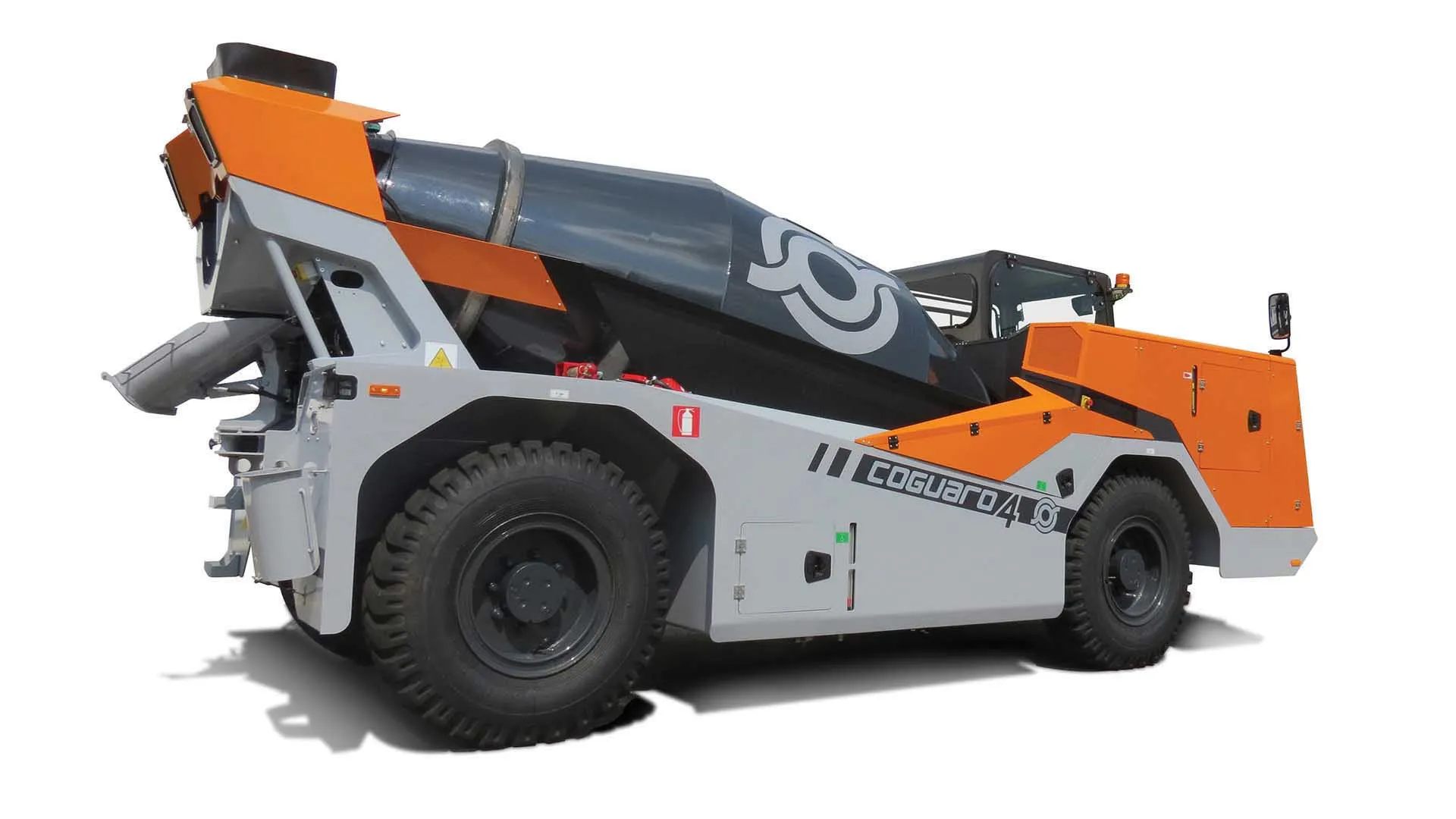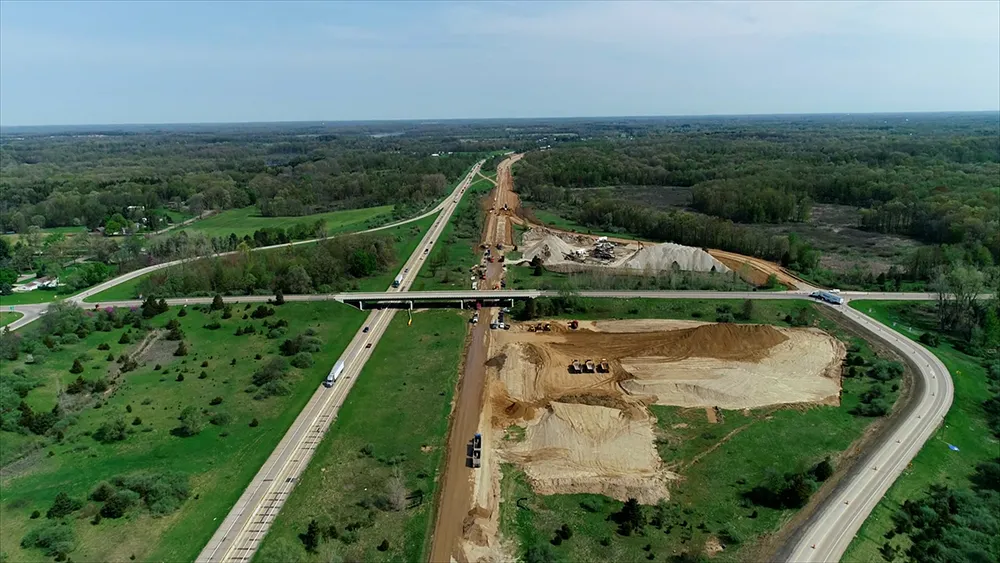In the Scottish highland Isle of Mull, TSL Contractors has made a significant purchase of Volvo Construction Equipment products only a year after buying its first Volvo excavator.
The company, based in the town of Craignure, will use the machines for building roads as part of the business’s many hydroelectric contracts.
New machinery includes 14tonne EC140D excavators, three 22tonne EC220E and one EC300 30tonne excavators, as well as two A25G articulated haulers. TSL managing director Andrew Knight sa
October 16, 2015
Read time: 2 mins
In the Scottish highland Isle of Mull, TSL Contractors has made a significant purchase of 7659 Volvo Construction Equipment products only a year after buying its first Volvo excavator.
The company, based in the town of Craignure, will use the machines for building roads as part of the business’s many hydroelectric contracts.
New machinery includes 14tonne EC140D excavators, three 22tonne EC220E and one EC300 30tonne excavators, as well as two A25G articulated haulers. TSL managing director Andrew Knight said the new machines are building access roads to remote job sites and preparing trenches for laying large-bore water pipes. “We’ve been very impressed with the machine’s performance and reliability especially on heavy duty rock-breaking applications,” he said.
Typically this involves a good deal of rock breaking on site and consequently, the EC300E and EC220E’s have been supplied complete with hydraulic hammers. The 22tonne capacity A25G articulated haulers are deployed on hauling crushed stone to construct the access roads and move overburden on site. One of the trucks has been supplied with optional 750/65R25 floatation tyres giving the benefit of reduced ground pressure which is ideal for coping with more boggy conditions and minimising the impact on fragile ground.
The EC140D machines have been supplied with Steelwrist Tilt Rotators and are used primarily on reinstating the ground around the pipelines once the water pipes have been laid and covered.
Knight said the machines can reduce the impact on the environment because they both have tilt rotators. This means they can reinstate the surrounding area, including profiling and finishing simultaneously instead of using a variety of equipment. This also makes more economic sense, he said. Apart from hydroelectric contracts, TSL also specialises in affordable housing contracts for the Scottish government and contracts for Scottish Water and other national contractors. It also continues to maintain a presence in the extractive, aggregates and ready-mix concrete industries.
The company, based in the town of Craignure, will use the machines for building roads as part of the business’s many hydroelectric contracts.
New machinery includes 14tonne EC140D excavators, three 22tonne EC220E and one EC300 30tonne excavators, as well as two A25G articulated haulers. TSL managing director Andrew Knight said the new machines are building access roads to remote job sites and preparing trenches for laying large-bore water pipes. “We’ve been very impressed with the machine’s performance and reliability especially on heavy duty rock-breaking applications,” he said.
Typically this involves a good deal of rock breaking on site and consequently, the EC300E and EC220E’s have been supplied complete with hydraulic hammers. The 22tonne capacity A25G articulated haulers are deployed on hauling crushed stone to construct the access roads and move overburden on site. One of the trucks has been supplied with optional 750/65R25 floatation tyres giving the benefit of reduced ground pressure which is ideal for coping with more boggy conditions and minimising the impact on fragile ground.
The EC140D machines have been supplied with Steelwrist Tilt Rotators and are used primarily on reinstating the ground around the pipelines once the water pipes have been laid and covered.
Knight said the machines can reduce the impact on the environment because they both have tilt rotators. This means they can reinstate the surrounding area, including profiling and finishing simultaneously instead of using a variety of equipment. This also makes more economic sense, he said. Apart from hydroelectric contracts, TSL also specialises in affordable housing contracts for the Scottish government and contracts for Scottish Water and other national contractors. It also continues to maintain a presence in the extractive, aggregates and ready-mix concrete industries.








